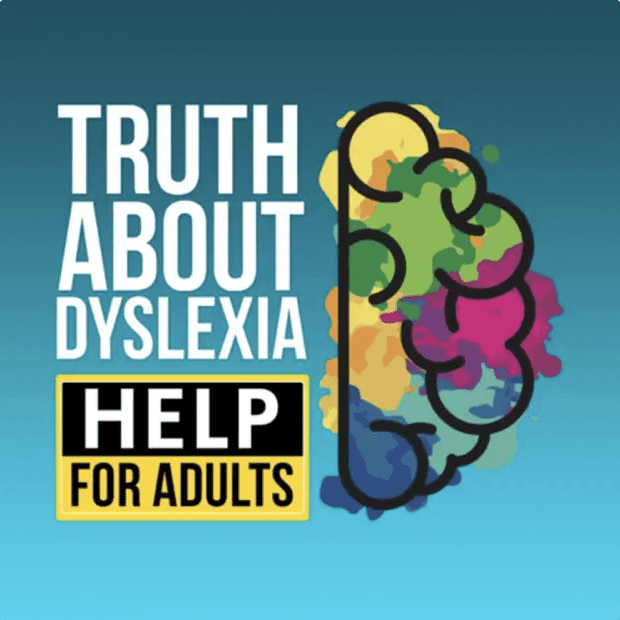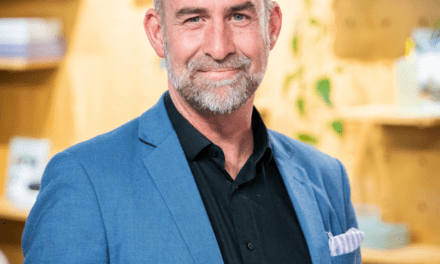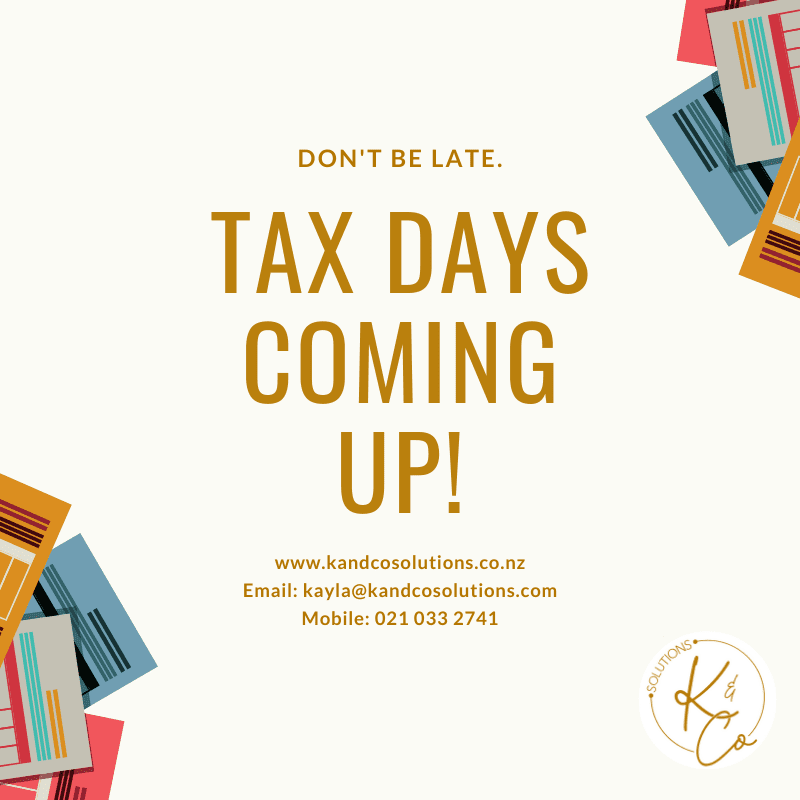Aucklander Stephen Martin is bringing the hidden problem of dyslexia to the world via the podcast Truth About Dyslexia, which this month—Dyslexia Awareness Month—was downloaded more than 850 000 times worldwide.
Podcaster Stephen Martin was diagnosed with dyslexia at ten. “I knew I had it, but nobody told me what it was or what to do about it—I just thought I would grow out of it, but of course, you don’t.
“I want to bring dyslexia into the light, to clear up misconceptions and show people how the mind operates. I want to enable others with dyslexia to understand themselves and thrive in life.”
Martin said most people know dyslexia as a learning disability that affects reading, writing, and spelling. dyslexic people struggle to understand themselves, and one of the objectives is to help them on this journey of self-discovery, to dispel the frustration, as much as possible, that stems from the constant struggle with words.
“It is a struggle that can lead to feelings of inadequacy and self-doubt as they grapple with tasks that others find straightforward. One listener wrote me, ‘I feel like I am finally not alone when I listen to this podcast series. I finally understand myself. What I need to work on and how my brain works’.
“Loneliness or a sense of isolation is one consequence of feeling misunderstood or unsupported—it’s not a struggle that is visible to others. It is also hard for others to understand the effort it takes for dyslexic people to overcome their challenges.”
Martin said one objective of the podcast is to remind listeners of their unique strengths.
“Many dyslexic individuals are creative, intuitive, and have a unique way of looking at the world. Their journey might be challenging, but it’s also filled with opportunities for resilience and self-discovery. Understanding and support from those around them can make all the difference in turning these struggles into strengths.
“I am on a mission to give people the tools to help them succeed, as well as raise the awareness of those who work with and lead people who are dyslexic.”
For more information, listen to The Truth About Dyslexia.













